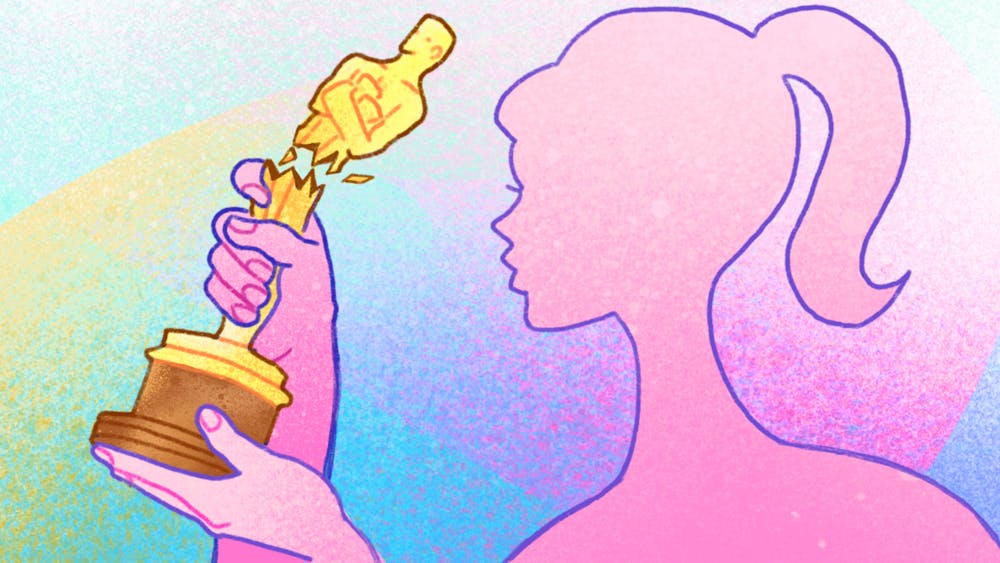In the United States, there are cultural and political wars being fought every day. Conflicts over foreign policy in the Middle East, reproductive rights, and the fragility of democracy are waged on campuses, on town hall steps, and online. It is a time of mass strife and paranoia. In the wake of such issues, former Secretary of State and presidential candidate Hillary Clinton took to X, formerly known as Twitter, to address the American public:
Hillary’s tweet to Greta Gerwig and Margot Robbie, while very sincere, has become the centerpiece of the outsized public reaction to Gerwig and Robbie being “snubbed” for nominations at the Academy Awards.
To be clear, Gerwig and Robbie are both Oscar nominees this year; Robbie is nominated for her role as a producer of Barbie, and Gerwig is nominated for the screenplay. But Gerwig was omitted from the Best Director category and Robbie from the Best Lead Actress category, generating mass outcry.
It is frustrating to see Gerwig’s work continually appreciated but not lauded in the way it seems it should be. Perhaps, more offensive than the Barbie snub, perhaps, was her snub for Best Director at the 2020 Academy Awards (where her adaptation of Little Women, another overtly feminist film, received six nominations, winning only for Costume Design) so that Todd Phillips, the director of Joker, could be nominated. But, Gerwig is certainly not a loser right now—she is one of the most celebrated and high–profile directors of the past decade and is only getting bigger. In fact, the outrage over her snub only demonstrates her popularity, and such outrage could actually be a positive sign not only for Gerwig but for the Academy Awards themselves.
Over the past decade, the Oscars' popularity has slipped dramatically. In 2014, 43,700,000 people tuned in to watch the Academy Awards; in 2023, there were only 18,700,000 viewers, which was an uptick from 2021 and 2022, which had 10,400,000 and 16,620,000 viewers, respectively. As television has risen, and mass network programming has fallen out of favor, the Oscars have been one of the many former staples of American culture that have been largely discarded.
This year, however, there has been much more enthusiasm about the Oscars; the Barbenheimer phenomenon did more for the industry than just make an abundance of money but generated new interest in original, ambitious storytelling. In turn, people have more emotional investment in seeing that these movies they love are rewarded.
The outrage over the snubs for Barbie proves that the Oscars can still be relevant, so long as movies remain relevant in people’s lives and are an art form they care about. It may be a ding to the Academy’s reputation that Gerwig is not included in the Best Director lineup for the year, but it actually indicates an elevation in popularity and audience investment that has not been seen in some years.
The biggest movies of the year are considered by audiences and critics at large to also be “awards” films, giving the Oscars an opportunity to capitalize on the moment. More nominations would have meant more attention, but at the end of the day, Margot Robbie and Greta Gerwig will still be at the Academy Awards, and if Barbie is there, people will watch.

